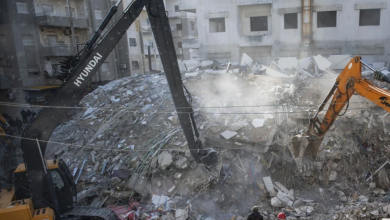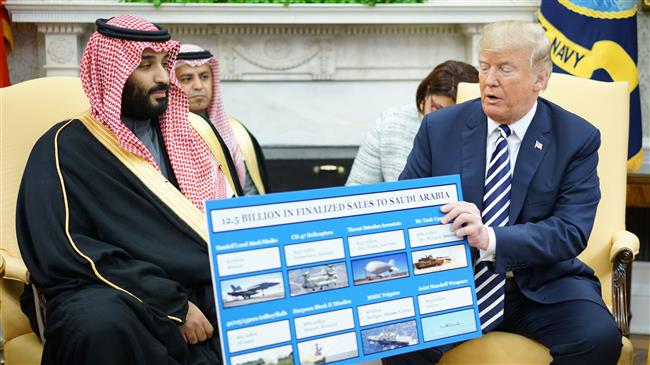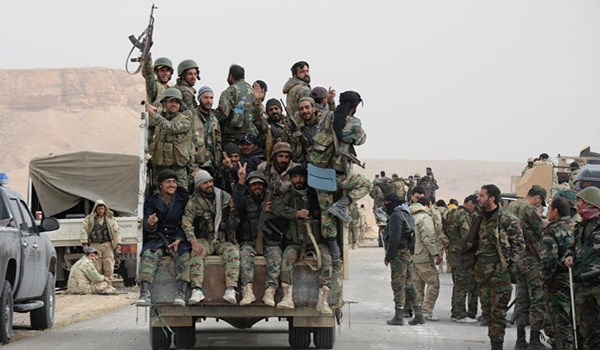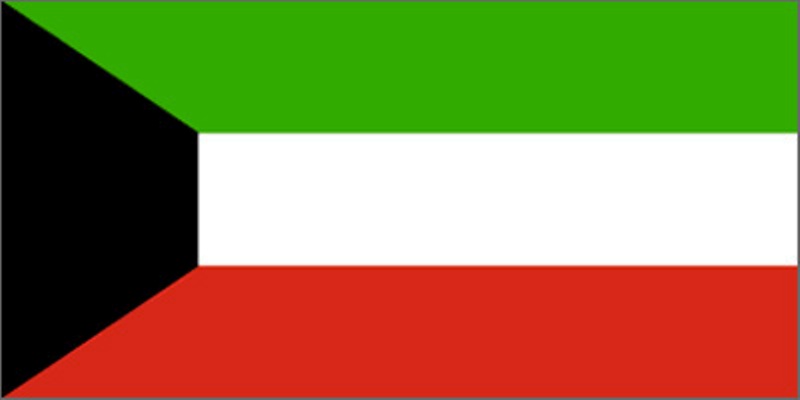“IRGC forces were the final unit to withdraw from Syria following a terrorist offensive”
The chief commander of Iran's Islamic Revolution Guards Corps (IRGC), Major General Hossein Salami, has lauded the efforts and sacrifices of the IRGC forces in Syria. He emphasized that the IRGC was the final group to withdraw from the nation following a renewed surge of foreign-backed militant activity.
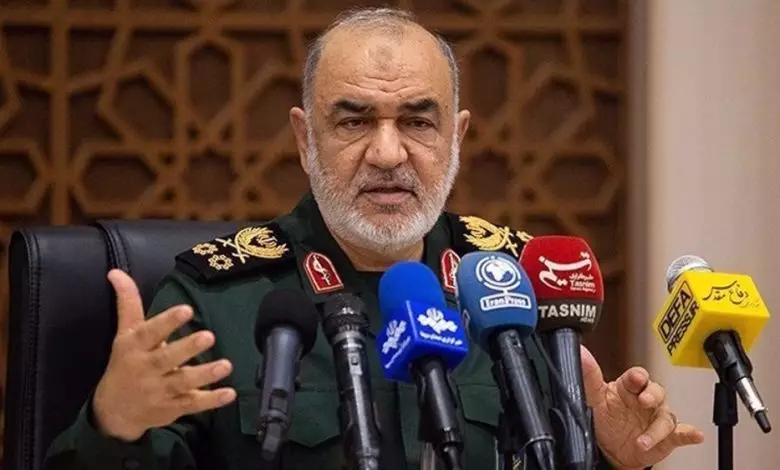
The chief commander of the Islamic Revolution Guards Corps (IRGC) has commended the dedication and sacrifices demonstrated by the force in Syria, emphasizing that its personnel were the final contingent to withdraw from the nation following the reemergence of foreign-supported militants.
On Thursday, Major General Hossein Salami addressed the recent political and military developments in Syria, which resulted in the unexpected collapse of President Bashar al-Assad’s administration. This upheaval followed a surprise offensive by armed factions spearheaded by Hay’at Tahrir al-Sham (HTS).
Iran’s Revolutionary Guard Corps Commander, General Hossein Salami, addressed assumptions regarding Iran’s involvement in the Syrian conflict, stating, “There is an expectation for us to fight in place of the Syrian army. Is it reasonable to deploy the entire IRGC and Basij volunteer forces to combat operations abroad while the host nation’s military remains passive? Furthermore, all routes to Syria were obstructed. The Islamic Republic was steadfastly working round the clock to provide assistance,” Salami remarked.
The head of the Islamic Revolutionary Guard Corps emphasized that the Islamic Republic of Iran bases its actions in Syria on factual assessments of the situation. He proudly announced that the IRGC forces were the last to withdraw from the front lines of resistance in Syria, with the final departure from the battlefield made by an IRGC soldier.
Salami emphasized the need for adaptive strategies in response to evolving situations, stating that “fixed, unchanging strategies cannot address the myriad of global and regional challenges we face.”
In response to claims that Iran’s influence in the region has waned following the downfall of the Assad regime and ongoing Israeli assaults on resistance groups, Iranian military official Salami asserted that the nation possesses a robust political rationale and irrefutable legitimacy in its defensive efforts.
The chief of Iran’s Islamic Revolutionary Guard Corps (IRGC) emphasized the nation’s resilience and strength in the face of external pressures, stating, “Our nation is formidable in confronting oppressors. We are led by an inspiring and guiding leader, and our armed forces are robust. Had we been weakened, we would not have been able to execute the True Promise operations.”
Salami highlighted that Syria remains the sole nation steadfastly opposed to compromise or normalization agreements, consistently maintaining a stance of confrontation, defense, and resistance against the United States and the Israeli regime.
General Salami stated that the Islamic Revolutionary Guard Corps (IRGC) had previously been aware of the schemes orchestrated by armed militants in Syria and had alerted the Damascus administration. However, due to a lack of genuine will for transformation, combat, and resilience, regrettably, the subsequent developments were witnessed. Meanwhile, foreign-backed insurgents in Syria have announced that they have “completely” seized control of the eastern city of Deir al-Zawr amidst ongoing Israeli airstrikes.
In a significant development, militants aligned with Hay’at Tahrir al-Sham (HTS) launched an assault on the Syrian capital, Damascus, early Sunday. This operation follows a series of strategic advances made by the group over the past two weeks in the northern regions of the country, marking a notable resurgence.
In light of the resurgence efforts by militant groups within Syria, various reports have indicated that these groups are receiving substantial backing from the Israeli regime, Turkey, and certain Western nations. These entities have reportedly been the primary supporters of anti-Damascus factions since the onset of the foreign-backed conflict in Syria in 2011.
In response to escalating turmoil in the Arab nation, the Israeli military has initiated a ground offensive in southwestern Syria, deploying a barrage of missiles to target multiple locations.
The Israeli military announced it has incapacitated up to 80 percent of Syria’s military capabilities, describing the action as one of the largest offensive operations in its history.
Iran has continued to hold an advisory presence in Syria, responding to a request from Damascus. The mission’s objective is to assist the conflict-ravaged Arab nation in combating foreign-supported insurgents.
In 2017, Iran’s advisory support played a pivotal role in Syria’s successful efforts to overcome the Daesh terrorist group.
